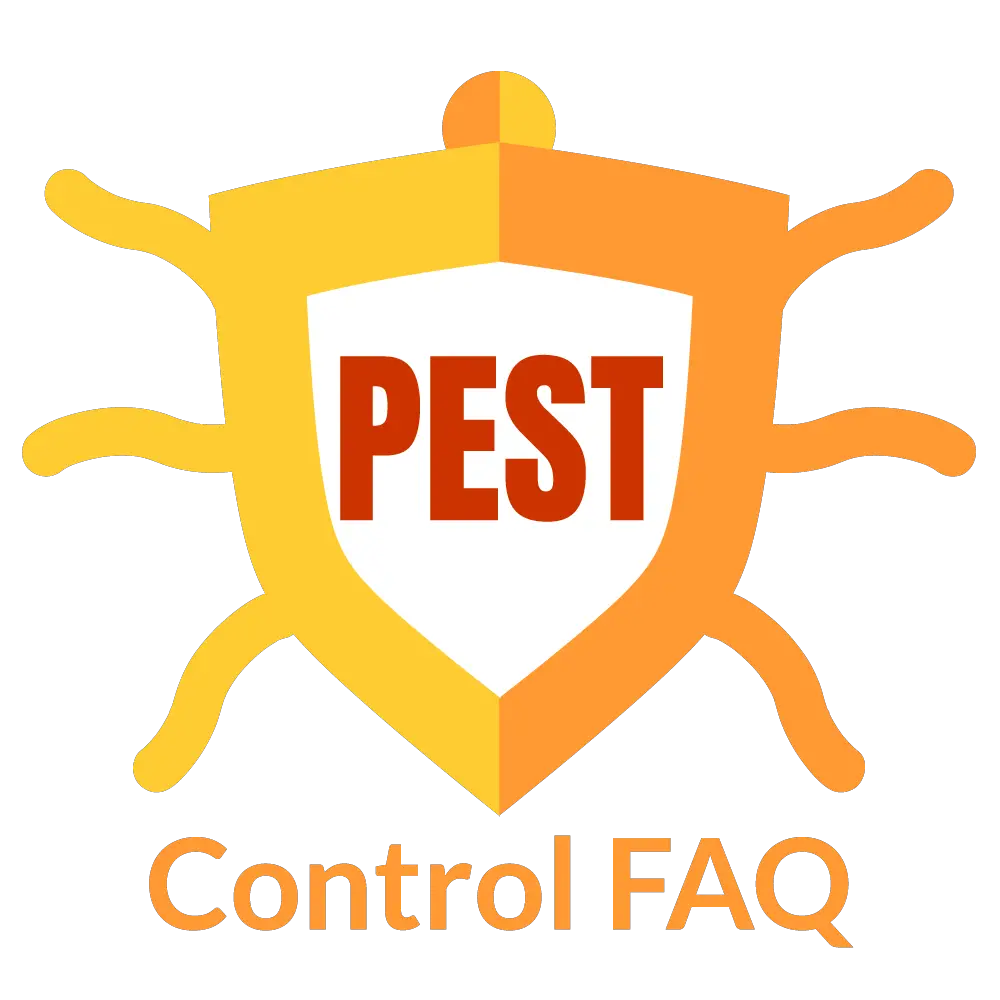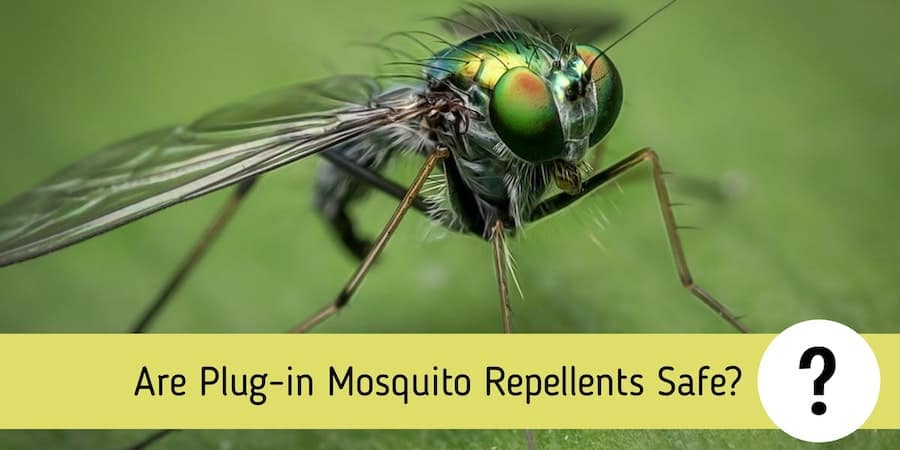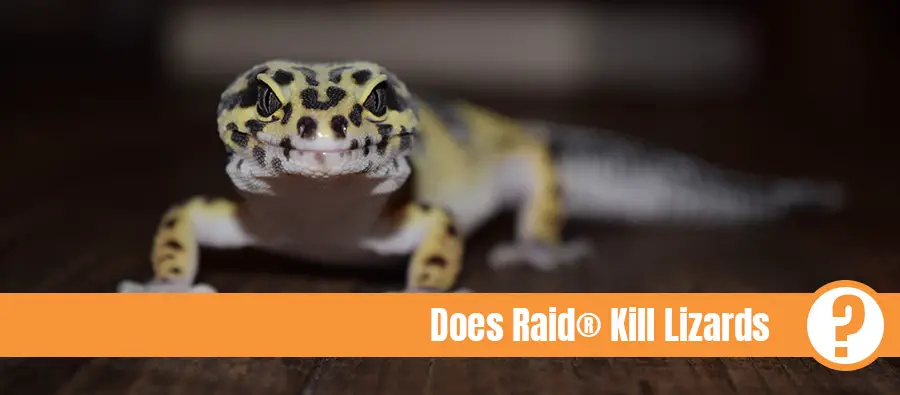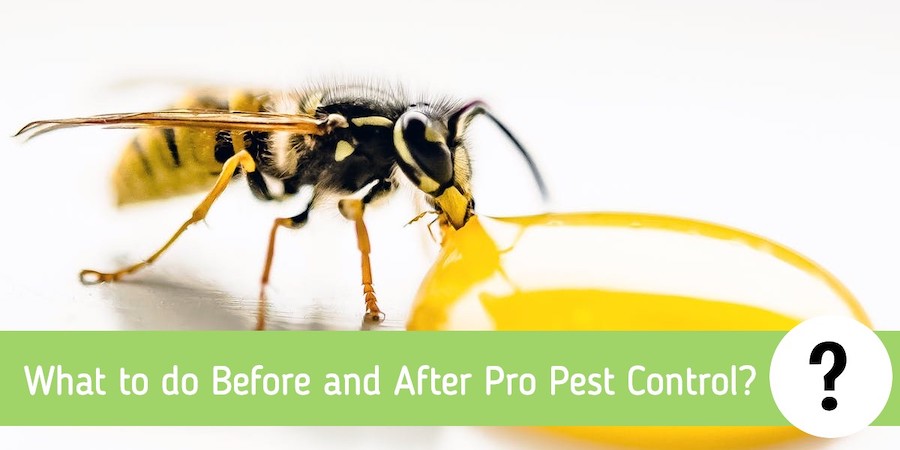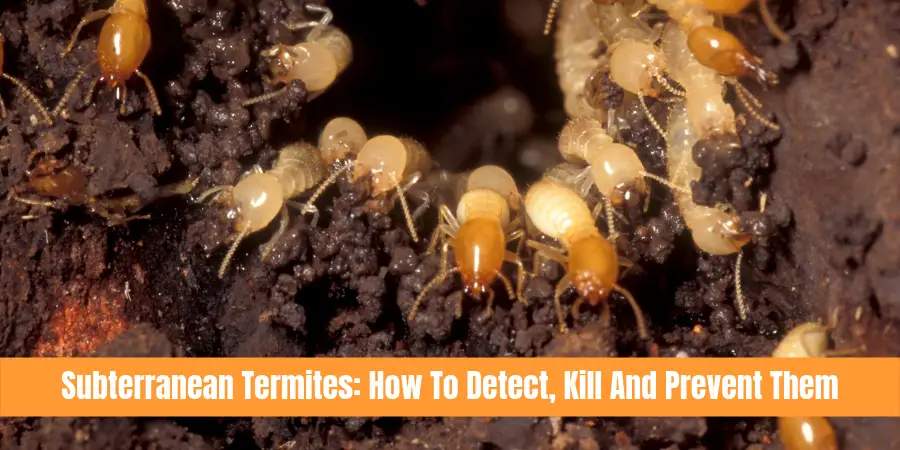Mosquitos, in spite of their minuscule stature, are one of the most dangerous insects on the planet. According to the World Health Organization, there are about 500 million mosquito-related cases reported and more than 2 million deaths annually.
So, are plug-in mosquito repellents safe? There are two types of plug-in repellents; one that uses chemicals that evaporates into the air and the ultrasonic plug-in. Both types are safe to use, as long as it is used within recommended standards. However, only chemicals based repellents are effective in getting rid of mosquitos.
In this article, you will learn about plug-in mosquito repellents and their variants, which one is actually effective and safe, how dangerous mosquitos are, and what other options you have to preventing mosquitos from biting you.
want to Skip All the Research? Then Hire a Decent Exterminator In your Area!
Check out our exterminator search tool where you will receive free quotes from thoroughly vetted exterminators in your local area!
Table of Contents
What Are Plug-in Mosquito Repellents and How Safe Are They To Use?
With mosquitos being quite a problem especially for children, parents would take an extra step in ensuring that these pests won’t come in and spread their diseases. The use of repellents have been quite popular in deterring mosquitos away. So much so that manufacturers have developed ways to repel these insects safely.
This includes an electric plug-in that expels chemicals from a pad or liquid container and one that transmits ultrasonic sound that is said to drive them away.
They are both relatively safe to use around children and pets, but the effectiveness of ultrasonic plug-ins are quite questionable.
Ultrasonic Plugins
These devices claim that high-frequency sound repels insects and rodents. But based on hundreds of unhappy customers, buying these plugins to get rid of mosquitos and other pests would be a complete waste of money.
Chemical Plugins
Leading pesticide companies have developed plugins that contain Prallethrin to kill the mosquito. Prallethrin is a pyrethroid insecticide that is effective in killing mosquitos. This chemical has a low toxicity effect on mammals and is safe to use around babies, pets, and even pregnant women.
To use the product you must:
- Remove the cap off the bottle and screw it onto the heating unit. In other cases simply place the pad onto the heating unit.
- Plugin the unit into an electric socket, and switch on the unit. A light indicator will tell you that the product is on and working.
- Switch the unit off when it is no longer in use.
To effectively use this product, you must be sure that there is no furniture blocking it and that doors and windows are kept closed.
Choosing to use a chemical mosquito plug-in repellent is quite effective in keeping mosquitos away. They are not toxic to humans and get the job done. Unfortunately, there are no chemical plugins available at this time. It seems ultrasonic plugins have taken over even though they are not proven to work.
Mosquito Intro
Mosquitos have been around for millions of years. There are about 3,500 species of mosquitos currently existing in our world today. The females of most of these species have proboscis or tube-like mouths that can pierce through the skin of their hosts.
They consume blood which ideally contains the nutrients they need to produce eggs such as protein and iron. Therefore, only the female mosquitos actually bite humans, male mosquitos get their nutrients from plants.
Adult mosquitos are ¼ inches in length and have a narrow body and wings for flight. They are mostly gray in color with accents of white, silver, green, or blue. Some species have striped legs and abdomen.
The mosquito goes through four phases in their entire life cycle:
- egg
- larva
- pupa
- the imago or adult.
Where do mosquitos live and breed?
The first three phases of the mosquito life cycle occur in water and last typically for two weeks depending on the species and season.
The female adults choose to lay their eggs around the edges of stagnant water or attach their eggs onto aquatic plants. This is why, part as a precaution, families in tropics are advised to clear puddles around their homes to prevent mosquitos from breeding.
Interesting fact, there are some species of mosquitos that breed in saltwater, though they do not pose an immediate threat to humans.
Here are examples of other breeding grounds for mosquitos that should be checked for stagnant water:
Bird Baths
If you are fond of having the birds around your garden, you may have a birdbath around. Be sure to empty or clean out the bath regularly. This reduces the chances of any eggs and larvae from forming. One of the easiest ways to keep mosquitos from breeding in your birdbath is by keeping the water moving. Mosquitos breed in stagnant water not moving water.
Flower Pots
There are two things wrong with this; one is that you are overwatering your plants; secondly, you are creating a breeding ground for mosquitos. Be sure to water your plants with just the right amount of water.
Gutters and Downspouts
Often neglected, these parts of our homes are usually clogged with all sorts of dirt, leaves, and grime. This eventually blocks the passage of water during rain, and it collects it instead. This creates a large home for the mosquito larvae to thrive in. Clean out your gutters especially during rainy seasons.
Rain Barrels
Although collecting rain is great, it does come with a major downside. Providing a great breeding ground for mosquitos. A simple solution to prevent mosquitos from breeding in your rain barrels is to use a fine mesh netting attached firmly over your barrel. This would stop mosquitos from even reaching the water as well as having the added benefit of keeping debris out.
Garbage Cans After Rain
Another area that is often ignored is garbage bins. These bins will eventually collect water after the rain, and where there is stagnant water, there are mosquitos. If the bins are empty, be sure to invert them in order to avoid the collection of water. If there is garbage within them, cover it up to avoid getting mosquitos in.
Garden Decor
Mosquitos would only need a few millimeters to nest, making garden decor with crevices that can hold water after rainfall a perfect place for them to lay their eggs. It is advisable to keep these decors under shaded areas to avoid rainwater from collecting on them or clean them out after.
Fishponds are not that much of an issue, especially if you have live fish living in them. The fish will definitely start eating the larvae.
These insects are very active, they go around looking for food from dawn till dusk, but there are some species that are known to be night feeders. Mosquitos don’t sleep like humans or other animals, instead, during the times they are not active, they rest in an inactive state and come out when it is time to feed again.
However, mosquitos hibernate during colder seasons, and they stay in protected areas to avoid the extreme cold which will cause them to die, however, their eggs can survive the cold and just hatch when the weather gets better.
How to Eliminate Mosquito Larvae in Stagnant water
The best time to kill a mosquito is when it is still a larva and there are two great products that will help you in your goal of ridding your family of this pest: Mosquito Bits and Mosquito Dunks.
Learn More about the Best Ways to Eliminate Mosquito Larvae in Stagnant Water for our top recommendations on Mosquito Population Control.
What kind of nose sensors mosquitos have?
Over the millions of years of existence, mosquitos have evolved greatly. They were able to hone their skills by developing a variety of sensors that help them in finding their prey.
Chemical Sensors
Like most insects, mosquitos are attracted to carbon dioxide and lactic acid. They can sense these gases up to a hundred feet away. All mammals including humans and birds give off these gases during breathing. They are also attracted to human sweat, which is why people who sweat more are more likely to get bitten.
Visual Sensors
Wearing clothing that is in contrast with the background makes you an easier target. Mosquitos can see you from afar and zero in on your location in a matter of seconds. To their logic, anything moving is live prey and would contain the blood they need.
Heat Sensors
Mosquitos are equipped with sensors that can identify heat. Since most of their prey are warm-blooded animals, they would be able to identify if they are close by.
With the thousands of species of mosquitos in the world, there are three genera that are known to transmit dangerous and deadly to humans.
How Dangerous Are Mosquito Bites?
Aside from being itchy and annoying, some mosquito bites can be the start of some deadly diseases. The saliva of the mosquito may contain pathogens making them a vector for transmission. Here are some of the diseases that may be caused by mosquitos:
Malaria
Vector: Anopheles spp.
Mosquitos infected with the Plasmodium parasite cause this disease. When a mosquito bites its host, the parasite is released in the blood and travel all the way to the liver where they nest and mature. By the time they reach maturity, these parasites infect healthy red blood cells.
Malaria can develop within 10 days up to a month, in some cases patients may not show signs and symptoms until several months have passed since some parasites may be dormant.
Some of the symptoms include:
- Chills accompanied with high fever leading to convulsions.
- Profuse sweating.
- Headache and nausea
- Abdominal pain, diarrhea, and vomiting.
- Bloody stool
- Enlarged Spleen
In order to confirm if you do have malaria, the standard gold technique done to aid in diagnosis is a peripheral blood smear. Through this method, they will be able to identify parasites living in the blood.
Left untreated, life-threatening complications can occur:
- Swelling of blood vessels in the brain.
- Pulmonary edema that causes breathing problems.
- Kidney failure.
- Anemia
Depending on the kind of parasite, malaria can be treated with a series of medication if caught in time. It is more advisable to get an antimalarial vaccine if you are planning to travel to places where malaria is common.
Yellow Fever
Vector: Aedes aegypti
Yellow fever is a very serious disease that presents with flu-like symptoms that progress to extremely high fever and jaundice due to severe liver damage. The disease gets its name from the symptom of jaundice, where the skin and sclera of the eyes turn yellow.
The disease is caused by the flavivirus which is transmitted from a monkey or another human who already has the virus. It can only be transmitted through the mosquito vector.
Some of the symptoms, depending on the phase include the following:
- Head, muscle, joint aches.
- Chills accompanied by high fever.
- Loss of appetite.
- Cardiac arrhythmias
- Bleeding from nose, eyes, and mouth.
Diagnosis of Yellow Fever is done through a blood test for the antibodies you produce to fight the virus.
It is highly recommended that pregnant women and children stay away from places that have mosquitos carrying flavivirus as the disease can be quite aggressive towards them compared to a healthy individual.
Dengue Fever
Vector: Aedes aegypti
One of the most common mosquito-borne diseases, especially in the tropics, is dengue fever. It is characterized by a fever that lasts from 2 to 14 days. It is caused by one of the four variants of viruses that are carried by the Aedes aegypti mosquito.
The mosquitos carrying this virus are more likely to strike during sunrise or sunsets. This is why using repellents can be life-saving especially when you live in the tropics.
Some of the symptoms include:
- High fever.
- A severe headache due to pain behind the eyes.
- Joint and muscle pain.
- Nausea and vomiting.
- Mild bleeding.
- Rashes.
- Black tarry stool.
- Difficulty breathing.
Sometimes patients with this virus, do not show full-blown symptoms, which is why if patients are ruled out of bacterial infections, doctors would recommend testing for antibodies that fight Dengue Virus.
There is no definite treatment for dengue, but supportive treatment is given for its symptoms. In worse cases, blood transfusions are needed due to the loss of blood and a severe decrease in platelets.
The new vaccine developed for Dengue Fever is still undergoing clinical testing, but it is showing promising results.
Japanese Encephalitis
Vector: Culex spp.
It has been quite common in Asian countries which is why people within the areas where these mosquitos are plentiful are encouraged to vaccinate against it. Pregnant women who get bitten by mosquitos carrying the Japanese Encephalitis virus are at most risk, and deformities in their offspring can occur.
Aside from the regular symptoms of fever, headache, and vomiting, there are neurologic symptoms seen in patients infected with this disease. Symptoms of the disease do not show early-onset; instead, they appear after 5 to 15 days.
There is no known treatment procedure for Japanese Encephalitis. Supportive care is given for the other symptoms experienced by the patient. In the event that patients do survive after acute symptoms, at least 30% of these survivors permanently suffer from neurologic and psychiatric problems. Whereas fetuses affected while their mothers were sick with the disease die in utero, or moments after birth.
Zika Virus
Vector: Aedes aegypti
Another disease quite dangerous for pregnant women, the Zika infection can cause microcephaly and severe brain defects to fetuses. Often times, pregnant women with Zika infection miscarry or give birth to stillborns.
Some of the symptoms include:
- High fever accompanied by rashes.
- Headaches and red eyes.
- Muscle and joint pain.
Symptoms may not be seen immediately but would take several days to weeks. For healthy individuals infected with the disease, they don’t get sick enough to be hospitalized, and they rarely die of Zika. It is only risky for pregnant women and their unborn children.
Unfortunately, there is no vaccine to prevent Zika. Only standard precautionary care can be done such as using insect repellents.
The diseases mentioned are just a fraction of how many diseases can be caused by mosquitos. In order for our families and homes to be safe, we must be proactive in preventing them from harming us through the use of repellents. The use of chemical plugin repellents is quite effective and very safe for family use.
Other Safe Options for Repelling Mosquitos
If you are not convinced that chemical plug-in mosquito repellents are worth the try, here are some other options you may want to try to keep your home safe.
Bed Netting
A more mechanical way of keeping them away from you especially at night is using mosquito nets around your bed. These nets are so fine that the mosquitos cannot get through but still allow the breeze and cool air to enter.
Eucalyptus Oil
Mixed with lemon, this solution has been used since the 40s and is quite known as a natural repellent. This oil is often used in commercialize mosquito repellent and has been approved by the Center for Disease Control (CDC) as an active ingredient effective to repel mosquitos and is safe to use around humans.
Lavender
The crushed flowers of lavender produce a fragrance that is quite annoying for mosquitos. In a study done in 2002, hairless mice smothered with lavender oil was not bitten by adult Culex mosquitos. In addition to that, lavender has antiseptic, analgesic, and anti-fungal properties that are good for your skin.
Citronella
Mixed with some herbs, citronella is one of the most common and natural oils used to deter mosquitos away. In fact, using citronella candles outdoors can provide you with at least 50% extra protection.
According to research, the proper formulation of citronella is what determines its effectiveness, and will work for up to 2 hours.
Tea Tree Oil
Quite popular in Australia, this oil has been proven to be effective against mosquitos based on research done in 2010. In addition to that, tea tree oil has antiseptic, antimicrobial and anti-inflammatory qualities.
Final thoughts: Are Plug-in Mosquito Repellents Safe?
Mosquitos are truly dangerous to have around the home. If you have small children and pets, your primary concern would be to keep the home mosquito-free and chemically safe for them.
Using chemical plugins is actually safe to use around children, pets, and even pregnant women since the active ingredient used is not toxic to mammals. Compared to the ultrasonic plugin, these chemical repellents are definitely more effective.
Related questions
How do you stop mosquito bites from itching? First, you should not scratch a bite, as this will only make the itching worse. Instead, rub household alcohol on the bite to reduce swelling and prevent a possible allergic reaction. Apart from stopping the histamine reaction, alcohol also has a cooling, soothing effect. (full article here)
Does rubbing alcohol repel insects? Yes, rubbing alcohol can repel certain insects. It is quite effective in killing insects too. By using alcohol around your home, you are discouraging bugs from flying, crawling about or nesting in your space. They will identify the smell of the rubbing alcohol as a danger, and will want to avoid it. (full article here)
Can we get AIDS or HIV from mosquito bites? No, you can’t. Not all diseases can be transmitted by a mosquito bite; for example, HIV is not contracted from a mosquito bite.
